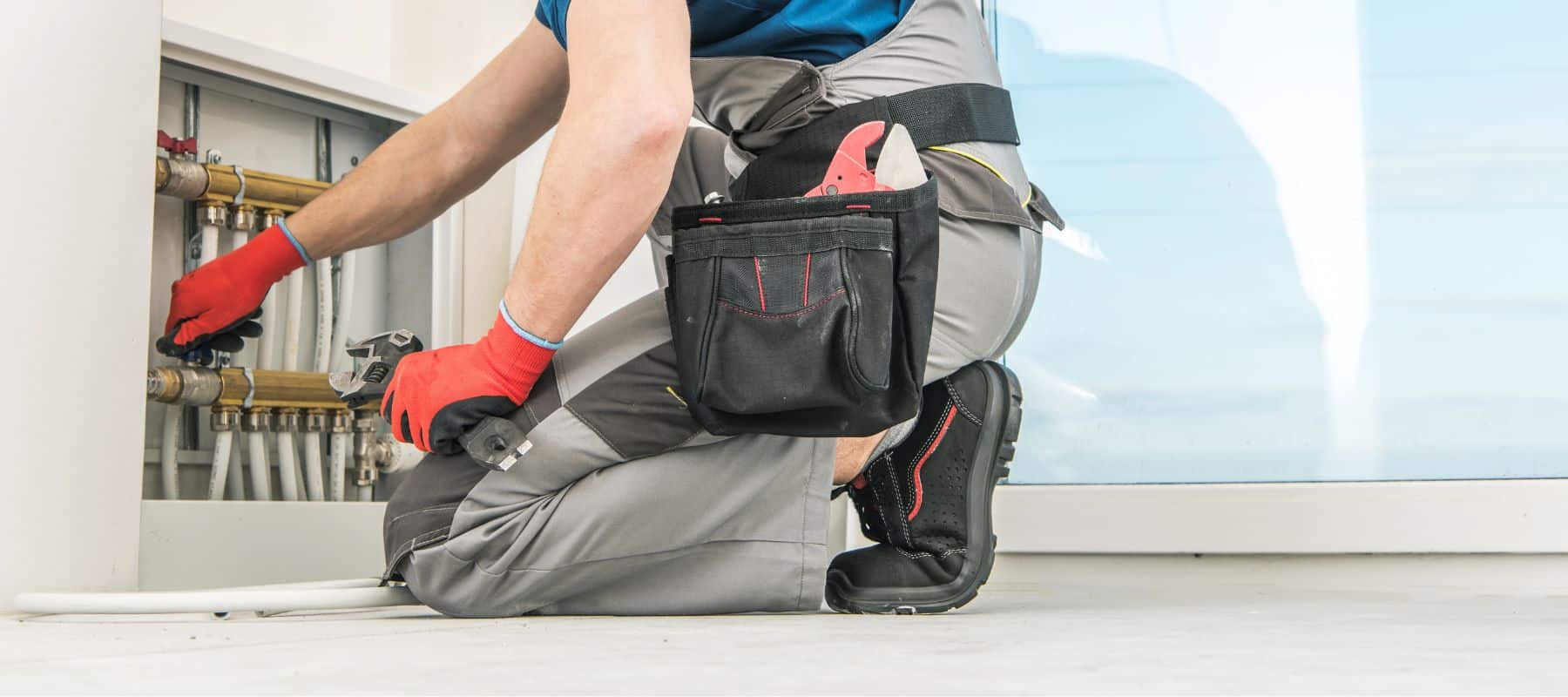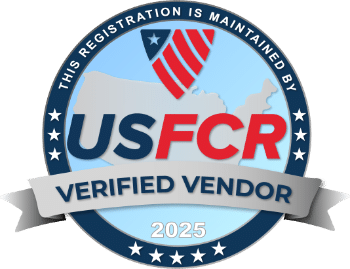Frequently Asked Questions
Whether you have questions about plumbing leaks, toilet troubles or plumbing repairs, we’re here to help! We’ve put together this list of commonly asked questions to help point you in the right direction. If you have additional questions or you’re ready to schedule your service, reach out to our team!
How Often Does My Water Heater Need Flushing?
For a well-running water heater system, we advise scheduling a cleaning once a year to keep your unit running efficiently. Routine maintenance is proven to extend the lifespan of your water heater. In tanked models, this helps prevent leaks and sediment accumulation.
Extensive cleaning removes unwanted debris and deposits that build up in the tank. Our plumbers can perform a flush treatment that will extend your water heater’s life expectancy.
What Is Hydrojetting And How Can It Help My Drains?
Hydrojetting is an effective way to clear out drain lines and pipes. Hydrojetting pushes a very powerful water jet through your pipes along with sewer lines. It clears out any kind of debris, waste and sludge that may be obstructing your plumbing system. This process is safe and power-balanced for your system.
At Air & Drain Works, we suggest hydrojetting to customers searching for proactive cleaning as well as some cases of clearing harder clogs. Stopping buildup before it occurs is the best way to keep your system clean and healthy.
When Should I Replace My Water Heater?
Here at Air & Drain Works, we recommend that if your water heater is 12 years or older then it may be time to invest in a new heater for your home. Over time, water heaters become calcified, make noises and can start leaking. These are all indications it’s time to replace your water heater.
If you’re experiencing any of these conditions or have concerns, give us a call today! Our team also offers installment of tankless water heaters for on-demand hot water.
What Are The Signs Of A Clogged Main Drain?
Detecting and addressing clogs in your main drain is essential to prevent potential serious damage. If you suspect a blockage, ask our professional plumbers to efficiently resolve the issue. Key indicators of a potential blockage include slow drainage in your toilet, shower/tub and sinks. In severe cases, water may stop draining altogether.
Unpleasant odors, particularly around your sink and toilet areas, are other signs of a blockage. Pay attention to unusual sounds such as gurgling coming from your drains or after flushing the toilet. If you observe any of these signs in your home or business, don’t hesitate to contact us. At Air & Drain Works, we extend our services to both residential and commercial clients.
What Are Signs That I Have A Hidden Leak In My Home?
A hidden leak can go unnoticed for several years if you do not pay close attention, which could lead to other residential issues. Many plumbing leaks are easy to recognize, as long as you know what to look out for.
Indications of a leak in your home include:
- Mildew odor
- Warped floor
- Discolored spots on the floors and walls
- Unexpected muddy/waterlogged areas outside
- Water bill and water meter usage spikes
- Drips from first-floor ceiling
- Cracks in your foundation
Do these signs sound familiar? Air & Drain Works can have a team at your home promptly to assist with any issues you may have. Our team uses top-quality leak detection devices to determine the precise location of your leak!
What Is A Sewer Line Sag (Sewer Line Belly)?
When an area of your main drain line sinks, it’s typically due to poor soil problems. This may indicate that faulty sewer lines were installed. Drain line bellies can also be caused by tree root intrusions. The drooping develops a trough that gathers grease, sludge, waste and debris.
If left untreated, sewer bellies can clogs, erosion and sewer back-ups. Sewage system bellies can be repaired by identifying the damaged area and reinforcing or replacing broken pipes.
What Causes A Slab Leak?
Detecting and resolving slab leaks, situated beneath your property’s foundation, presents unique challenges due to their sub-surface location. Poor construction, water quality issues, high pressure and pipeline friction can contribute to these elusive leaks. Air & Drain Works specializes in identifying and addressing these issues, offering advanced detection for hidden leaks.
Indicators include floor discoloration, groundwater seepage, foundation shifts and unusual odors impacting your drain line and potentially causing backups. Air & Drain Works provides precise detection services, ensuring thorough resolution of these intricate plumbing challenges and providing peace of mind for your home or business.
What’s The Worst That Can Happen If I Delay Plumbing Repairs?
It’s vital to schedule service as soon as possible if there is a known issue. Water can create extreme structural damage to your home. The longer you avoid taking care of a plumbing leak, the more costly the repair could be.
Neglecting plumbing issues can result in water damage throughout your property, sewer failure or even foundation damage to your home. Air & Drain Works is proud to offer same day service for your plumbing emergencies. Call today to have your plumbing issues addressed by our team here at Air & Drain Works!
Do You Deliver Water Softener Salt?
Yes, we offer an exclusive Salt Delivery Service for customers who purchase and install water softeners from Air & Drain Works. This service is available for up to five years post-installation. We deliver salt directly to your home on a quarterly basis, eliminating the need for you to purchase, transport and keep track of salt yourself.
Customers are responsible for the cost of the salt and a delivery fee. You can sign up for this service during the installation of your water softener or by contacting our customer service team!
Who Should I Call If My AC Is Not Working?
If your AC is not working, call a trusted HVAC professional in San Antonio, like Air & Drain Works. Our San Antonio AC technicians are trained to identify and repair air conditioning issues to restore your comfort.
What Is The First Thing To Check When The AC Goes Out?
The first thing to check is your thermostat settings to ensure it’s set to “cool” and the temperature it’s displaying is lower than the room temperature. Also, check if the circuit breaker or AC power switch has tripped. If these elements seem normal, it’s time to call our HVAC professionals.
What Is The Most Common Furnace Failure?
The most common furnace failures often involve the following:
Dirty filters — Restrict airflow, causing the furnace to overheat
Pilot light or ignition issues — Prevent the unit from producing heat
Thermostat malfunctions — Incorrect temperature readings or control problems
Worn-out components — Malfunctioning blower motor or heat exchanger
What Is The Average Lifespan Of An HVAC Unit?
An HVAC unit typically lasts for 10-15 years, depending on the make, model and its maintenance routine. Regular filter changes and tune-ups for AC and heating systems can help extend their lifespan and maintain efficiency.
How Long Does It Take A Professional To Install An AC System
A professional can typically install an air conditioner in 4-8 hours, depending on the complexity of the job and the size of the system. Factors like ductwork modifications or additional components may extend the time.
Can A Heat Pump Cool A House In 100-Degree Weather?
Yes, a heat pump system can cool a house in 100-degree weather if properly sized and maintained. Modern heat pumps have the advanced technology to perform efficiently, even in the high temperatures common in San Antonio, TX.
Does HVAC Affect Indoor Air Quality?
Yes, HVAC systems significantly impact indoor air quality. Properly maintained systems filter out dust, allergens and other impurities, while poor maintenance can circulate contaminants and reduce air quality. Regular filter changes and cleanings are essential for healthier air.












